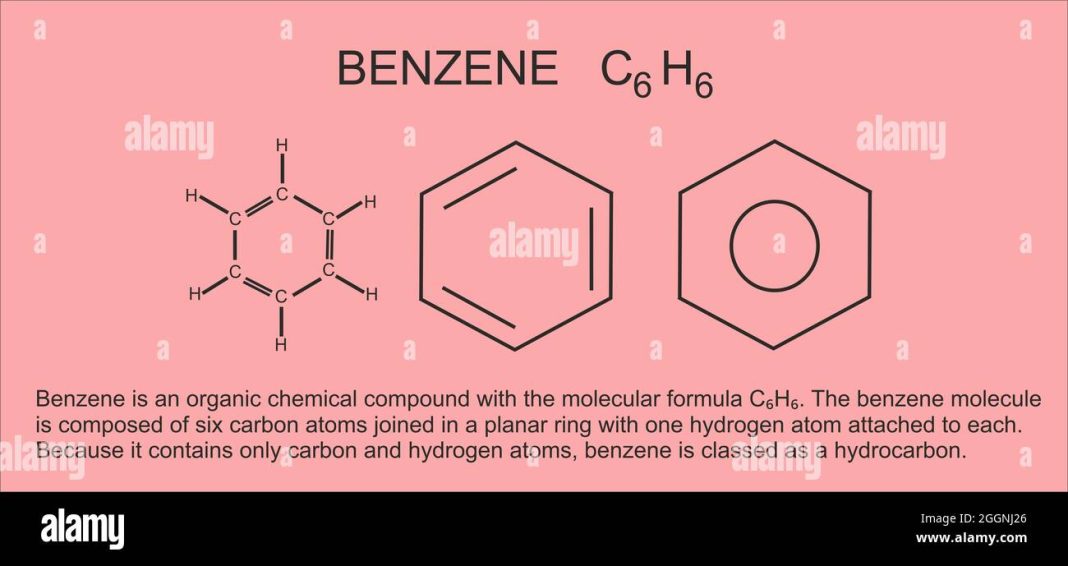
ExxonMobil, the oil giant, has been ordered by a court in Philadelphia to pay a total of nearly $816 million in a case involving a former mechanic’s cancer diagnosis linked to benzene exposure. The ruling, delivered by Judge Carmella G. Jacquinto of the Philadelphia Court of Common Pleas on September 12, upholds a $725 million jury verdict against ExxonMobil and also orders the company to pay an additional $90-plus million in delay damages.
The case revolves around Paul Gill, a former mechanic at a Mobil service station, who worked there in the 1970s. Gill, now 67, developed acute myeloid leukemia and colon cancer, which he attributes to prolonged exposure to benzene, a known carcinogen found in gasoline. Gill’s attorneys argued that ExxonMobil had been aware of the cancer risks associated with benzene for decades but failed to warn its workers, prioritizing profits over safety.
The original verdict, delivered in May, found ExxonMobil guilty of negligence and failure to warn Gill of the dangers of benzene. The jury awarded Gill and his wife, Diane, $725.5 million in compensatory damages. ExxonMobil, however, called the decision “irrational” and expressed its intention to seek a reversal or a new trial, vowing to “exhaust all available appeals.”
Following the May verdict, ExxonMobil filed several motions, which were denied by Judge Jacquinto on September 12. In addition to denying the oil giant’s motions, the judge also ordered $90.8 million in delay damages, bringing the total award to $815.8 million.
Andrew DuPont, an attorney representing Gill, emphasized the significance of the court’s decision in holding ExxonMobil accountable for causing Gill’s injuries. He stated that the verdict draws attention to the cancer risks posed by benzene exposure and hopes that companies using benzene in their products will take appropriate measures to prevent such exposure.
The Environmental Protection Agency (EPA) classifies benzene as a known carcinogen and has implemented regulations to limit its acceptable levels in fuels. The EPA’s fact sheet on benzene states that an increased incidence of leukemia has been observed in individuals occupationally exposed to benzene.
Gill, who was diagnosed with blood cancer in 2019, alleges that he was exposed to benzene through direct skin contact and inhalation while using petroleum products to clean car parts with his bare hands.
ExxonMobil’s media relations team has not yet commented on the latest ruling.
This verdict serves as a significant milestone in holding corporations accountable for prioritizing profits over the safety of their workers. It highlights the importance of raising awareness about the cancer risks associated with benzene exposure and emphasizes the need for companies to take appropriate measures to protect their employees. The substantial damages awarded in this case send a strong message to companies using benzene in their products that they must prioritize the health and safety of their workers.
It is crucial for individuals working with or around benzene to be aware of the potential risks and take necessary precautions to minimize exposure. The EPA’s classification of benzene as a known carcinogen underscores the importance of adhering to regulations and guidelines set forth by regulatory bodies. By doing so, companies can mitigate the risk of causing harm to their employees and prevent the development of life-threatening diseases like cancer.
This case also highlights the role of the legal system in holding corporations accountable for their actions. By upholding the jury’s verdict and ordering delay damages, the court has sent a clear message that negligence and failure to warn employees about known hazards will not be tolerated. This ruling sets a precedent for future cases involving benzene exposure and encourages individuals who have suffered harm to seek justice.
Overall, this case serves as a reminder of the importance of workplace safety and the responsibility that corporations have in protecting the health and well-being of their employees. It also underscores the need for continued research and regulation to address the risks associated with benzene exposure. By raising awareness, implementing safety protocols, and enforcing accountability, we can strive towards a safer work environment for all.

